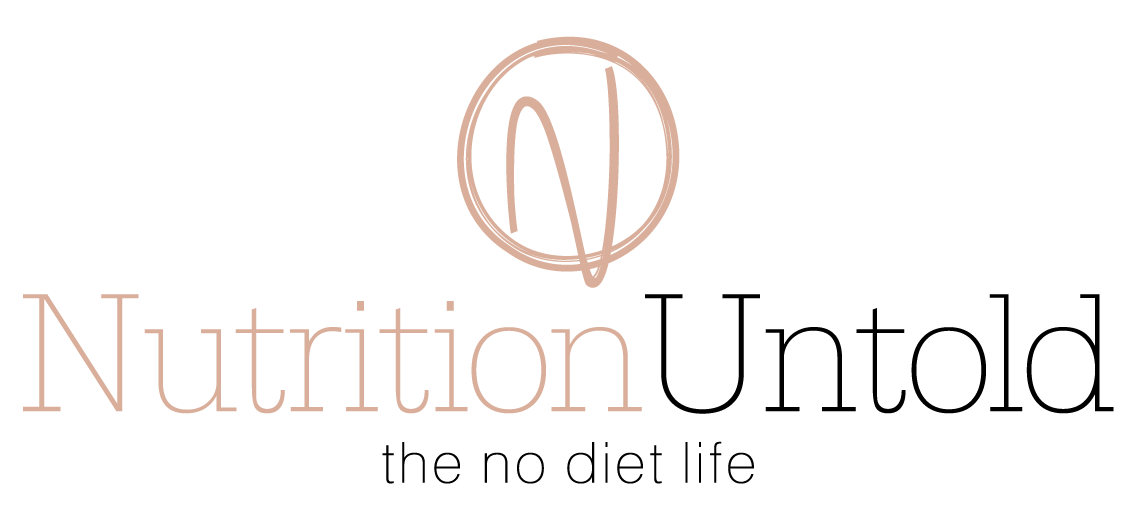A low-carb diet is a diet that restricts carbohydrate intake and focuses on protein, healthy fats and vegetables. Examples of carbohydrates include bread, rice, pasta, grains, potatoes, and simple carbs such as cakes, cookies and pastries.
There are many different types of low carb diets such as the Atkins, Zone and Keto diet. The main difference between these diets is the carbohydrate intake. On a low carb diet, you usually eat between 50 -150 grams of carbs a day while the Keto diet for example encourages about 50 grams of carbs a day or 5-10% of total intake.
Food included on a low carb diet:
- Animal Protein: beef, lamb, chicken fish, salmon, seafood
- Eggs
- Nuts and Seeds: Almonds, cashews, walnuts, sunflower and chia seeds.
- Dairy Products: Cheese, yogurt and milk
- Fruits: Apples, berries, oranges and pears
- Vegetables: Leafy greens, broccoli, cauliflower, asparagus, Brussel sprouts.
Pros and Cons of a Low Carb Diet
Pros:
- Helps Reduce Appetite: High protein usually helps regulate your appetite and keep you full for a longer period of time.
- May Improve Blood Sugar Control: Studies have shown that low carb diets help control sensitivity to insulin and blood glucose and in cases of diabetes or insulin resistance low carb diets are generally recommended.
- May Benefit Heart Health: Low carb diets have been shown to decrease blood triglyceride levels which in turn reduces your risk for heart disease. This is mainly seen when saturated fats are restricted as well.
Cons:
- May Impact Energy Levels & Mood: Carbohydrates are your first source of energy to your brain; they are known to boost your energy levels and even improve your mood! Many people on low carb diets sometimes complain of fatigue or low mood.
- Lower Antioxidant, Fiber And Some Vitamin & Mineral Intake: Carbohydrates are found in many different types of foods that are known to be rich in fiber, antioxidants and vitamins. Examples of these food items include bread, cereals and grains, fruits, vegetables and dairy foods. In many cases, reducing or avoiding these food groups may result in a lower intake of vitamins and minerals especially B-Vitamins, potassium, and Vitamin C.
- May Cause Constipation & Some Gut Health Irritations: Fiber is important for digestion since it helps maintain bowel regularity. Because of this, a low carb diet may lead to constipation and digestive discomfort.
Are Low Carb Diets the Best For Weight Loss?
Most studies indicate that low carb diets are more beneficial for fat loss than low fat diets. They are also linked to greater short-term weight loss, increased fat loss, reduced hunger and appetite, and better blood sugar control.
However, in some cases, a low carb diet may reduce energy levels and increase your risk of nutrient deficiencies.
It is important to find the diet plan that works for you; there is no- one size fits all when it comes to weight loss and what works for your body type and lifestyle might not work for someone else. More importantly, make sure the diet plan you follow is sustainable and something you can stick to on the long run as this is necessary for weight maintenance.


